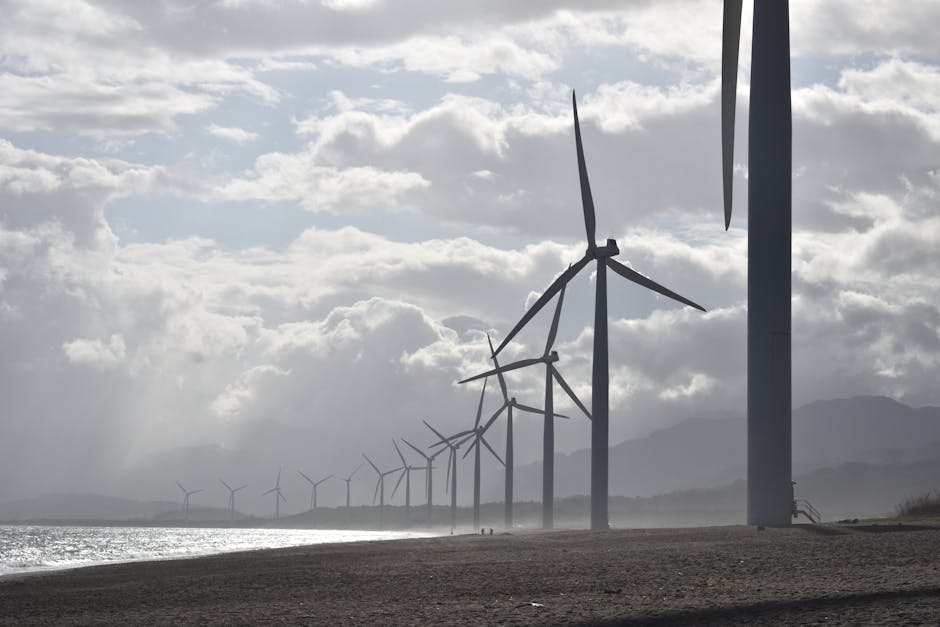Energy-Saving Tips for Efficient HVAC Operation

As the costs of energy continue to increase discovering ways to optimize your HVAC system can have an impact on both your utility bills and the environment. Heating, ventilation and air conditioning (HVAC) systems are vital for maintaining comfort in homes and businesses. They also rank high among energy consumers. By adopting practices and making use of technology you can lower energy consumption without compromising on comfort.
Regular Maintenance
Keeping your HVAC system in condition is essential for maintaining its efficiency. Regular maintenance helps prevent issues from escalating into costly repairs and ensures that the system operates smoothly. A maintained HVAC system not only runs more efficiently but also uses less energy.
Make sure to replace filters every 1 3 months based on usage and manufacturer guidelines. Clogged filters restrict airflow causing the system to work harder and consume energy. It's also important to clean the evaporator and condenser coils to eliminate dust and debris that hinder heat exchange.
Inspect ductwork for leaks as they can lead to conditioned air escaping resulting in energy usage. Sealing leaks with metal tape ensures that air is delivered more efficiently where its needed.
Programmable Thermostats
Using thermostats is a simple yet effective method, for managing HVAC energy consumption. These tools enable you to adjust temperatures at times of the day ensuring that the system runs only when necessary.
- Setting back temperatures: Program the thermostat to lower the temperature when the building is empty or during sleeping hours.
- Smart thermostats: Opt for thermostats that can learn your routine and automatically adjust settings for better efficiency.
- Zoning: Utilize zoning systems to independently control temperatures in parts of the building preventing unnecessary heating or cooling of unused areas.
Insulation and Weatherproofing
Proper insulation and weatherproofing help reduce the strain on HVAC systems by maintaining temperatures more efficiently. Insulate attics, walls, floors and ducts to minimize heat exchange between outside spaces.
Seal gaps around doors, windows and openings with weatherstripping or caulk to block drafts. This not enhances comfort but also lowers energy consumption. According to the U.S. Department of Energy weatherizing your home can cut heating and cooling costs by up to 20% (energy.gov).
Energy Efficient Appliances
If your HVAC system is. Inefficient, consider upgrading to a newer model with higher energy efficiency ratings. Seek equipment, with the ENERGY STAR designation indicating it meets energy efficiency standards established by the U.S. Environmental Protection Agency (energystar.gov).
When you're choosing HVAC equipment it's important to take into account factors like the Seasonal Energy Efficiency Ratio (SEER) for air conditioners and the Annual Fuel Utilization Efficiency (AFUE) for furnaces. Higher SEER and AFUE ratings mean efficiency.
Here's a breakdown of the efficiency ratings and potential energy savings for types of equipment;
| Equipment Type | Efficiency Rating | Energy Savings (%) |
|---|---|---|
| Air Conditioner | SEER 16+ | 20 30% |
| Furnace | AFUE 90+ | 10 20% |
| Heat Pump | HSPF 8+ | 15 20% |
Optimizing System Usage
To make the most of your HVAC system avoid putting too much strain on it. In months make use of natural sunlight by opening blinds or curtains during the day to naturally warm up your space. Conversely keep them closed in months to maintain cooler interiors.
Using ceiling fans can improve air circulation allowing you to adjust the thermostat higher in summer or lower in winter without sacrificing comfort. According to Energy.gov using ceiling fans correctly can help you increase the thermostat setting by 4°F without compromising comfort.
User Education and Behavior Changes
Educating users is key to maximizing HVAC efficiency. Teach building occupants about energy saving habits like keeping doors and windows closed when the HVAC system is, on or setting thermostats at energy levels.
- Don't make many changes: Constantly adjusting the thermostat makes the HVAC system work harder.
- Dress appropriately for the weather: Choose clothes for the season instead of depending solely on the HVAC system for comfort.
- Use airflow: When its not too hot or cold open windows and use fans instead of always relying on air conditioning or heating.
By keeping up with maintenance using thermostats ensuring proper insulation having efficient equipment using them wisely and educating users you can save a lot of energy while still staying comfortable. Even small changes can make a difference, over time in both your finances and environmental impact.